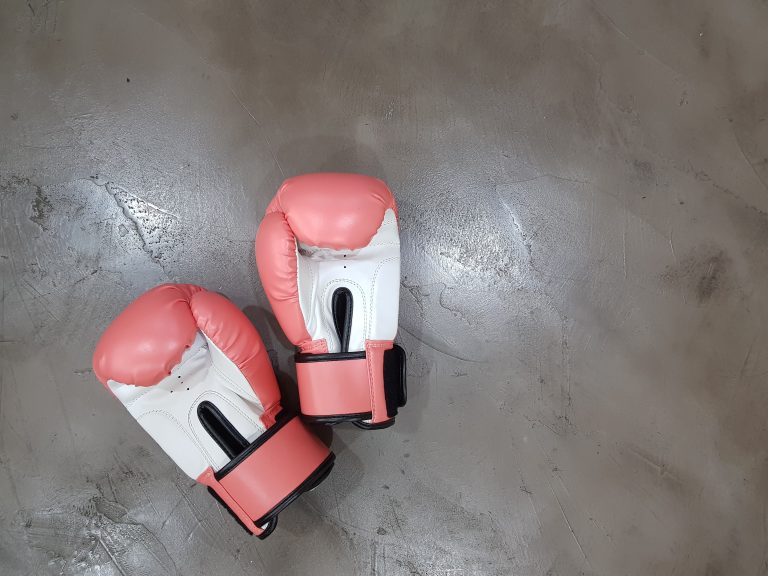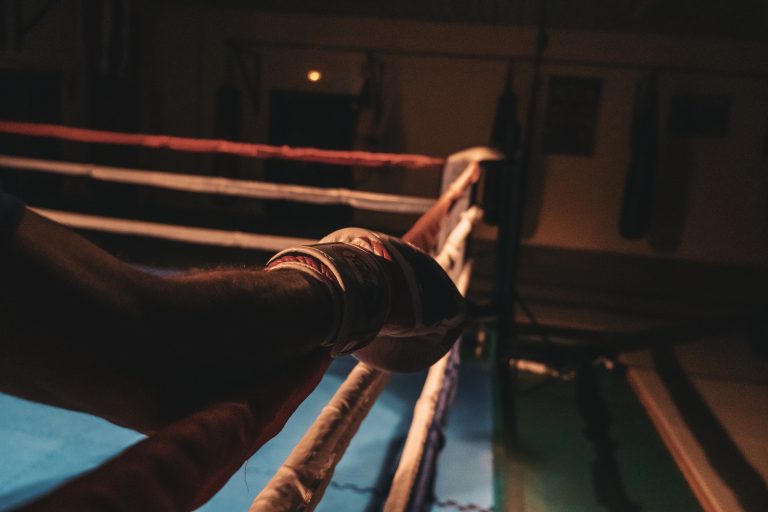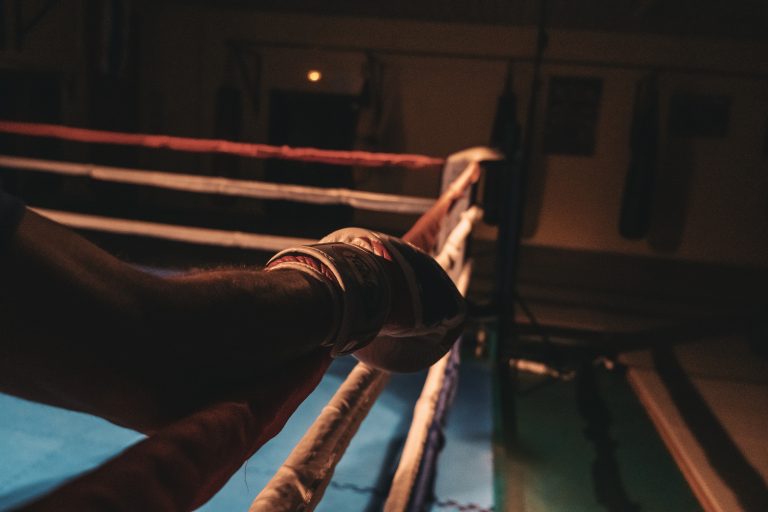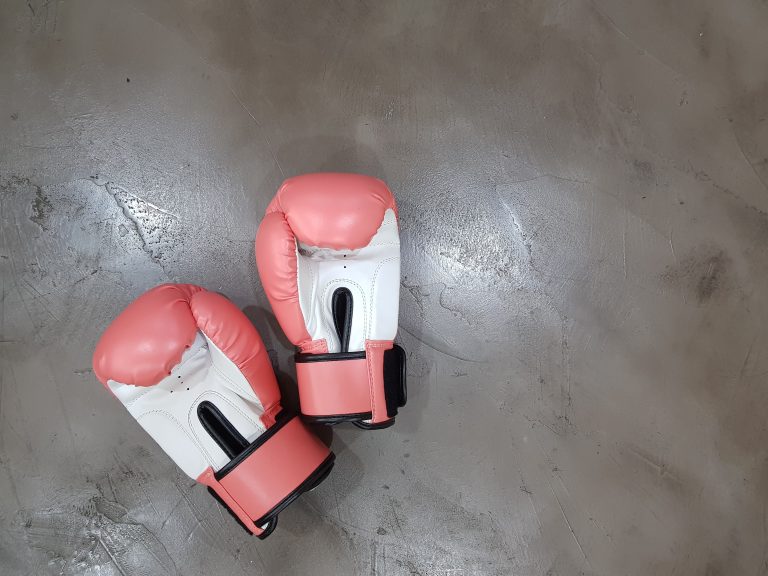Karate – The Spanish Word and Its Meaning
Karate is a Japanese martial art that has gained worldwide recognition for its philosophy, techniques, and cultural significance. However, did you know that the word “karate” actually has Spanish origins? As surprising as it may sound, the linguistic history of the word dates back to the time when Japan opened its doors to the world in the 19th century. In this blog post, we will delve deeper into the true meaning of the word “karate” and how it came to be.
The Origin of “Karate”
The word “karate” can be broken down into two separate characters: “kara” (空), meaning “empty,” and “te” (手), meaning “hand.” Therefore, the word “karate” can be translated to mean “empty hands.” This term accurately captures the essence of the martial art itself, which relies on using an individual’s own body as the sole weapon, without the use of swords or other conventional weaponry.
However, the question still remains: what is the Spanish connection? The origins of the word can be traced back to a Spanish boxing manual from the late 18th century. The manual, which was written in Spanish and called “Arte de Boxear” (The Art of Boxing), was translated into English and later into Japanese, where it became known as “Kentoshi”. This manual was then used as a reference for teaching Western-style boxing techniques in Japan.
It is believed that this manual was the first instance where the term “karate” was used in Japan. Initially, it was used to refer to a type of martial art that used Western-style boxing techniques, which was practiced using open hands rather than fists. However, this approach was quickly abandoned, and the word “karate” was then used to refer to the Okinawan martial art that we know today.
Karate Today
Today, karate holds a special place in Japanese culture and is considered one of the three major modern martial arts, alongside judo and kendo. Karate is practiced by millions of people around the world, with different organizations using different variations of the techniques and styles. While the techniques of karate may seem aggressive at first glance, it is important to note that karate places great emphasis on values such as respect, discipline, and self-control.
In Japan, karate tends to be more traditional, with a focus on kata (a series of movements performed in a stylistic manner) and kumite (sparring) techniques. In other parts of the world, karate has been adapted to suit the needs of the practitioners and may involve a hybrid approach, for example, karate mixed with other martial arts such as kickboxing or jiu-jitsu.
In
What is the Spanish word for karate?
The Spanish word for karate is karate. Yes, that’s right! Karate is originally a Japanese martial art and the term has been adopted by many different languages around the world, including Spanish. It is commonly used in Spanish-speaking countries to refer to the martial art of karate.
What is karate?
Karate is a martial art that originated in the Ryukyu Kingdom, which is now Okinawa, Japan. It was developed from indigenous fighting methods and Chinese martial arts. Karate is primarily a striking art that uses punching, kicking, knee strikes, elbow strikes, and open-hand techniques such as knife-hands, spear-hands, and palm-heel strikes. There are also throwing and joint-locking techniques. Karate is known for its powerful and explosive techniques, as well as its emphasis on discipline, focus, and respect.
How popular is karate in Spanish-speaking countries?
Karate is a popular martial art in many countries around the world, and it is no exception in Spanish-speaking countries. In fact, karate is one of the most practiced martial arts in many Latin American countries, including Mexico, Argentina, and Chile. There are also many karate schools and associations in Spain. Karate is often taught in schools and universities, and there are many competitions and events held throughout the year.
Is there a difference between karate in Spanish-speaking countries and in Japan?
While the fundamentals of karate are the same regardless of where it is practiced, there can be some cultural and technical differences between karate in Spanish-speaking countries and in Japan. For example, Spanish-speaking countries may use different terminology to describe techniques or have slightly different traditions surrounding the practice of karate. However, these differences are usually minor and do not affect the overall practice and principles of karate.
What are the benefits of practicing karate?
Practicing karate can have many benefits for both physical and mental health. Physically, karate can improve strength, flexibility, coordination, and cardiovascular health. Mentally, karate can improve focus, discipline, self-confidence, and stress management skills. Karate can also help develop important life skills such as respect, perseverance, and teamwork. In addition, practicing karate can be a fun and rewarding way to stay active and healthy.
How can I start practicing karate?
If you are interested in practicing karate, the first step is to find a local karate school or club. Look for a school that aligns with your goals and interests, and that has certified instructors with experience and qualifications. Many schools offer trial classes or introductory packages, so you can try it out before committing to a full membership. Make sure to wear comfortable clothing and bring a water bottle and towel to your first class. With dedication and hard work, you can become a skilled and confident karate practitioner!
What is the Spanish Word for Karate?
Karate is a popular martial art that originated in Japan. However, it has spread around the world, and many people practice it today. If you are interested in learning karate and you speak Spanish, it can be helpful to know the Spanish word for karate. In this how-to guide, we will explain what the Spanish word for karate is and how you can use it.
Step 1: Understand the Origin of Karate
Before we dive into the Spanish word for karate, it’s important to understand the origin of karate. Karate came from the Ryukyu Kingdom (now Okinawa) in Japan in the 17th century. The word „karate“ comes from the Japanese words „kara“ and „te,“ which mean „empty“ and „hand,“ respectively. Karate is a martial art that primarily uses the hands and feet for striking, blocking, and grappling.
Step 2: Learn the Spanish Word for Karate
The Spanish word for karate is „karate.“ It is pronounced the same way as the English word, with the stress on the first syllable (kah-rah-teh). While it might seem obvious, it’s important to note that the word „karate“ is the same in both English and Spanish. This makes it easy for Spanish speakers to communicate with English-speaking karate practitioners.
Step 3: Use the Spanish Word for Karate
If you are a Spanish speaker and you want to practice karate, knowing the Spanish word for karate can be helpful. When looking for karate classes or schools, you can simply search for „karate“ in Spanish. For example, if you live in Spain, you can search for „escuelas de karate“ (meaning „karate schools“) or „clases de karate“ (meaning „karate classes“). You can also use the Spanish word for karate when talking to other Spanish speakers about the martial art.
Step 4: Learn the Vocabulary
If you want to practice karate in Spanish, it’s important to learn the appropriate vocabulary. Here are some common karate terms in Spanish:
– Golpe: Punch
– Patada: Kick
– Bloqueo: Block
– Puño: Fist
– Pie: Foot
– Mano: Hand
– Cinturón: Belt
– Maestro: Master
– Dojo: Training hall
As you continue your karate training, you will learn more advanced vocabulary and phrases.
Conclusion
If you speak Spanish and you want to practice karate, it’s important to know the Spanish word for karate („karate“). You can use this word to search for classes and talk to other Spanish speakers about the martial art. Additionally, you can learn the appropriate karate vocabulary to improve your communication and fluency. With these tips, you can practice karate in Spanish and improve your language skills while also improving your physical fitness and self-defense abilities.
Inhaltsverzeichnis





